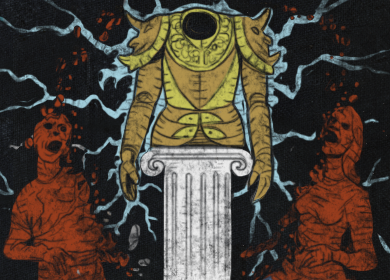

In fact, the idea of personal privacy seems to have come into Western culture as a by-product of philosophical skepticism, which is to say, roughly since Descartes invented the “method” of skeptical doubt as a way of proving the existence of the human self. The interpretation of privacy as secrecy is almost as old as the idea of personal privacy itself – which is not particularly old.

While the NSA cannot be said to have achieved today the goal of eradicating personal privacy worldwide (as Glenn Greenwald claims), the sheer pervasiveness, scope and sophistication of the surveillance activities that have already been made public suggest that this is indeed its aspiration. When the government engages in indiscriminate spying without individualized suspicion, the privacy of its citizens is not so much violated as it is obliterated altogether, rendered illegitimate.

So to the extent that privacy exists at all, it’s not legitimate. In other words, the assumption is that privacy implies secrecy and secrecy implies guilt. It’s an interesting notion because the underlying assumption is that only those with something to hide have anything like “privacy” in the first place – and it’s OK to violate the privacy of a sneak because if you have something to hide, you’re guilty of something, and justice demands that the guilty be exposed and punished. More interesting is the notion that if someone has nothing to hide, then it’s OK for the government to snoop. Suffice it to say that the Constitutional protections against government intrusion into our lives are not there to secure one’s right to articulate uncontroversial, conventional viewpoints – which by their nature don’t need legal protection because those viewpoints are unobjectionable from any perspective. This kind of response is fallacious in so many ways that it doesn’t even merit a rebuttal. And if they catch some terrorists, so much the better.” One often heard response is something like, “Well, I don’t have anything to hide, so I don’t care if the government is listening to what I say. It’s remarkable how little outrage Edward Snowden’s NSA revelations have provoked in the American public. Published in Counterpunch, January 24-26, 2014:


 0 kommentar(er)
0 kommentar(er)
